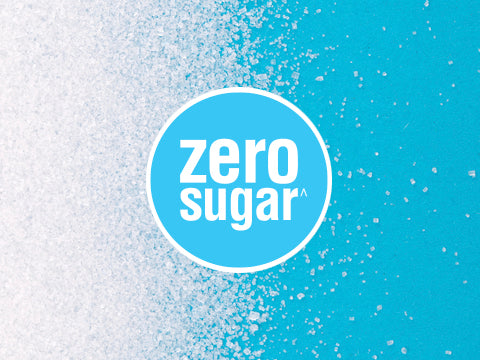Written by Janette Mason, CNP
February is heart health month so we thought we would share with you tried and true practices, backed by research, to support your heart!
Heart health is important 365 days a year so be sure to save and share this article for yourself and your loved ones.
Did you know that Heart failure (HF) is a leading cause of morbidity, hospitalization, and mortality in older adults?1 Nonpharmacologic strategies, such as dietary guidelines and physical activity suggestions are being heavily researched. Medical journals around the world have their list of “foods to enjoy” and “foods to avoid” for optimal heart health. These are grounded in a lot of merit and research as food has been shown to have a direct impact on the function and upkeep of your cardiovascular system, which includes your heart, arteries, veins, and capillaries2.
Although balance should always be a part of life, this is our go-to list of heart-health-superfoods as well as foods that are better limited or consumed in moderation2,3.
|
Foods to enjoy |
Foods to limit/ avoid |
|
| Fruits & Vegetables |
|
|
| Grains |
|
|
| Fats |
|
|
| Protein |
|
|
Consuming foods as close to their original form is a good guideline to stick too. Julia Zampano RD, LD of the Cleveland Clinic suggests a diet that “includes, of course, heart-healthy foods such as nuts, fish, whole grains, olive oil, vegetables and fruits, but don’t be afraid to treat yourself occasionally with a glass of red wine or a piece of dark chocolate”4. Balance is key here and is applicable to other heart-healthy activities.
Exercise is important for heart health. It helps to strengthen muscles, your heart being one of them. Whether you enjoy running, cycling, or weightlifting, there is benefit to all. These exercises improve the muscles’ ability to draw oxygen from the circulating blood. That reduces the need for the heart—a muscular organ itself—to work harder to pump more blood to the muscles, whatever your age5.
In addition to exercise, it is important to focus on stress-releasing techniques to provide a balanced health approach to looking after your heart. Stress, both physical and mental can put strain on your heart6. So, including techniques that improve your resilience to stress is key for long term health. Some of our favorite techniques include:
- Mindfulness7: this can be interwoven throughout your day. Taking a few moments to breath and be present in the moment can help train your brain to not always be looking to the future or fretting about the past. Mindfulness can be cultivated through deep breathing, meditation, journaling, or simply walking and taking in your surroundings.
- Spending time in nature8: this is one of the simplest ways to help slow down the stress response and allow your body to shift into rest-mode.
- Prioritizing good sleep9: sleep deficiency has been showed to adversely impact numerous physiological functions that are implicated in increased cardiovascular risk. Working on sleep-hygiene and creating a strong wake/ sleep routine will be beneficial in ensuring adequate rest.





